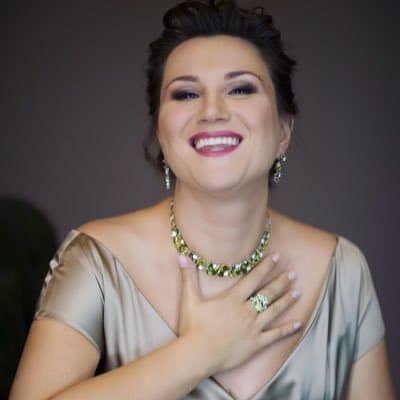Leeds removes teachers from its piano competition jury
mainOne of the foremost contests has cleaned up its act.
Read here.


One of the foremost contests has cleaned up its act.
Read here.

A social media activist has circulated a video…

Francesco Meli is due to sing Verdi’s Otello…

Maria Mot’s boutique London-based management has signed the…

Zachary Woolfe, chief music critic of the New…

Session expired
Please log in again. The login page will open in a new tab. After logging in you can close it and return to this page.
The trouble with Leeds was that they always did better in the competition if they played with Fanny.
A good start, but the other thing he will need to do is improve the generally poor publicity and in particular the lamentably meagre on-line presence of the 2015 Leeds competition. Live streaming and recordings from all rounds and performers should be made available on the internet as was done in the 2015 Tchaikovsky and Chopin competitons.
But if the final contains the usual multiple performances of the hackneyed-to-death standard concertos like Rach 3, Tchaik 1, Prokof 3 or any Beethoven (with the usual excuse that the orchestra hasn’t time to rehearse any other works), I will not watch anyway.
Of course teachers should not be on juries. In recent years, even the Juilliard School invites outsiders to judge their concerto competitions, scholarship competitions and their annual Gina Bachauer Scholarship Competitions – ditto their Pre-College. Makes sense, and for the most part, avoids conflict of interest.
A NY Times article about the revamping of the competition (more than just getting teachers off the jury): https://www.nytimes.com/2018/04/05/arts/music/leeds-piano-competition.html?rref=collection%2Fsectioncollection%2Fmusic
Here’s the part I found most interesting/heartening:
“It used to be,” said Mr. Gatehouse, “that as soon as someone was eliminated they had to vacate their room and get the next flight home, their self-confidence in tatters. But now everyone will stay on to the end, and we’ll gainfully employ them — in pop-up recitals, educational projects at community centers, schools, anywhere we can get a piano. And they’ll all participate in master classes with the jurors.
“They’ll still go home disappointed, but it won’t be with that devastating sense of failure and rejection.”
I like the idea of acknowledging that because someone has not made it to the finals of a major international competition, that does not mean they are worthless as an artist. (On a certain level any artist already knows this, but it can be difficult to keep believing it when the world is constantly telling you otherwise.)
The problem is with the concept of competitions. Where athletes can be expected to train and perform physical stunts to the best of their capacity, this is the antithesis of the art of classical music. All competitions, as such, should be abolished, and replaced either with free-choice programs or festivals, in which artists are able to simply perform as such. Let the audiences decide. The wrong people win and end up with circus-act careers. It is killing classical music. Another replacement: honorary awards given by juries who see the artists in performance, such as the Avery Fisher Prize (I believe) or the MacArthur “Genius” grants.
Agree. The winner of a competition is usually touted as the “best artist” of the lot, but often what audiences end up with is someone who is really good at the “hey, look at what I can do” aspect of performing and not much else. Once in awhile we (the audience) luck out and get somebody who also has something musical — as opposed to athletic — to say. Lupu, Perahia, Ohlsson, Uchida, Argerich, Pollini, Zimerman (among others): all got their start from competitions, but if you look back through the lists of winners of Leeds, Chopin, Tchaikovsky, Cliburn etc. you will see a lot of people you never heard of, or never heard of again.
Not sure if it’s “killing” classical music, but it surely doesn’t help.
Glad to see that Leeds is trying to address this, although I don’t know how much it can help and still be a “competition.”